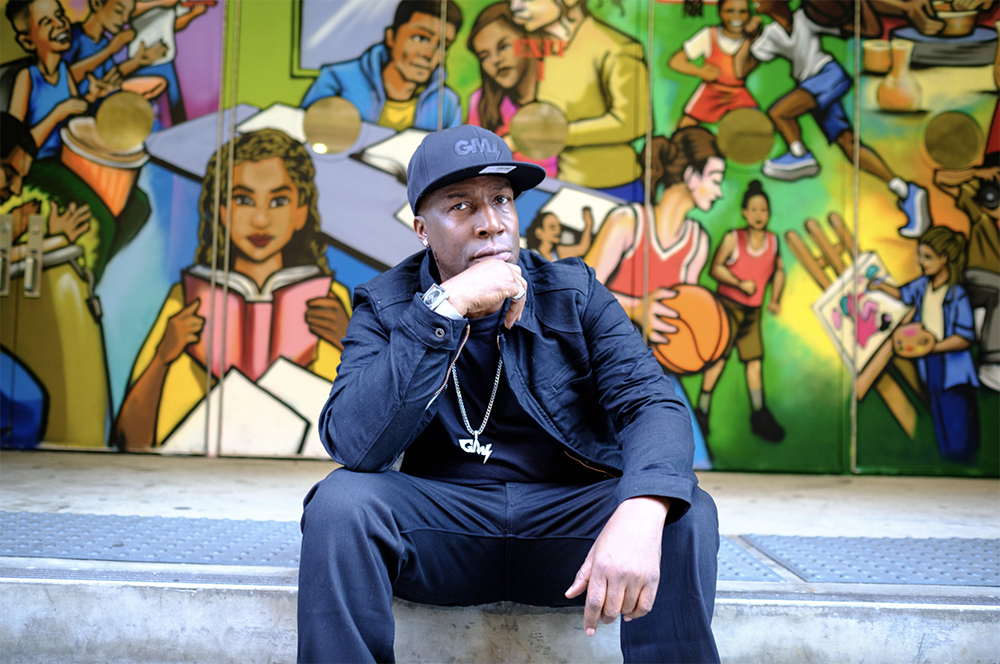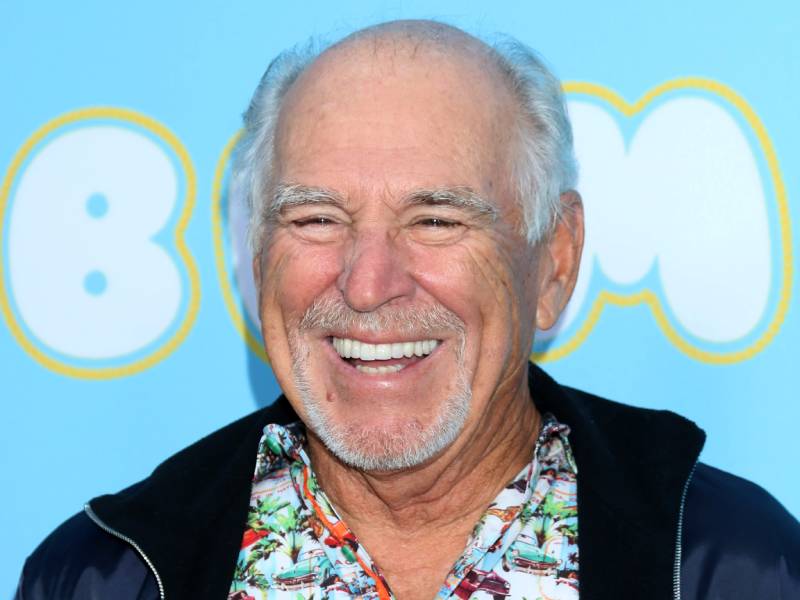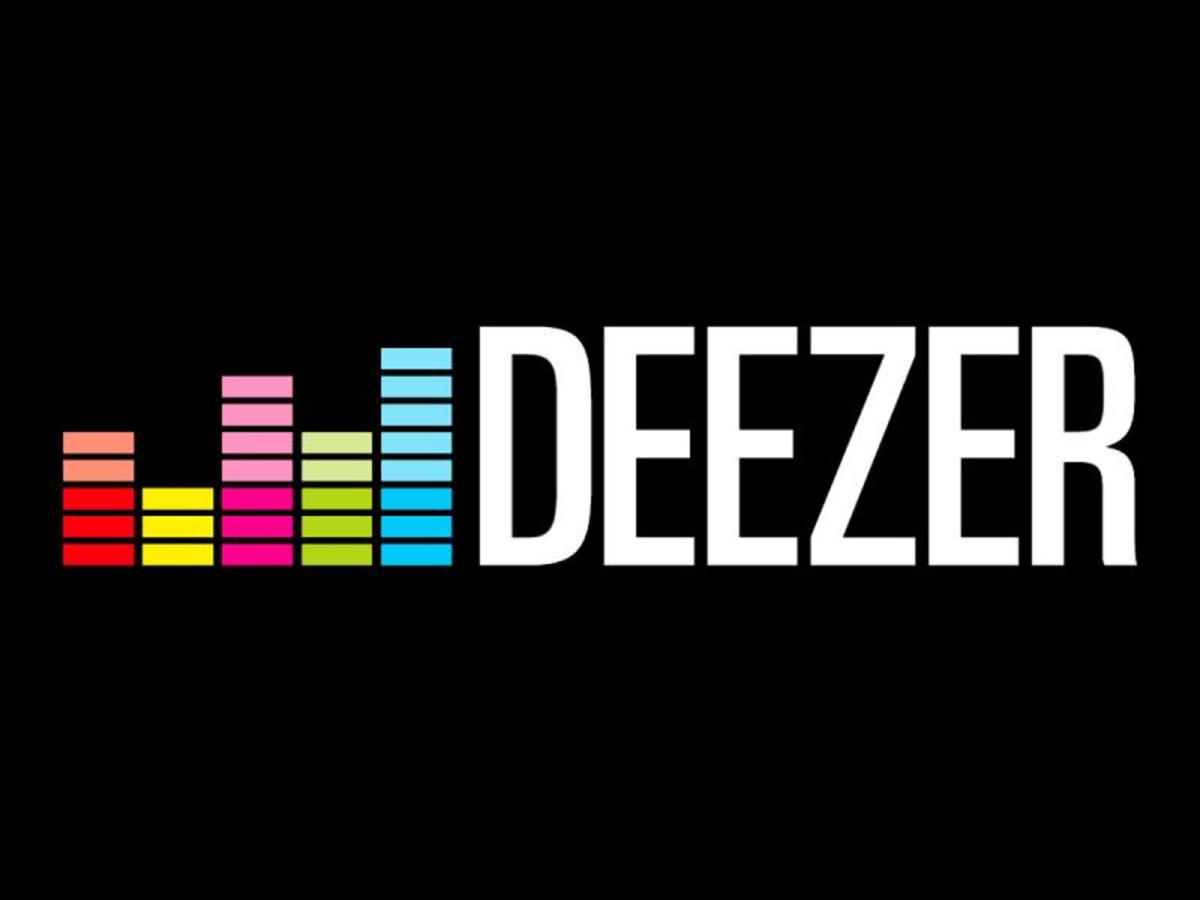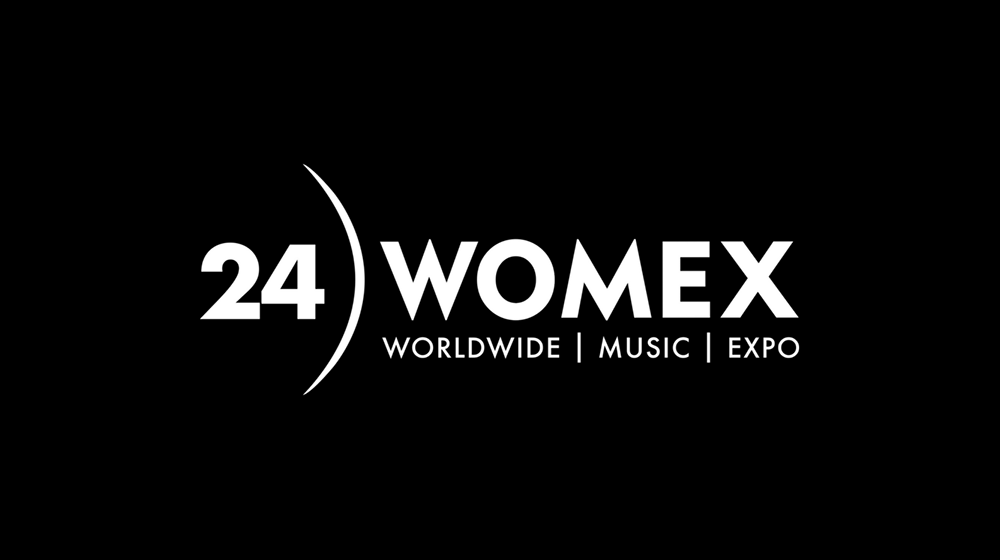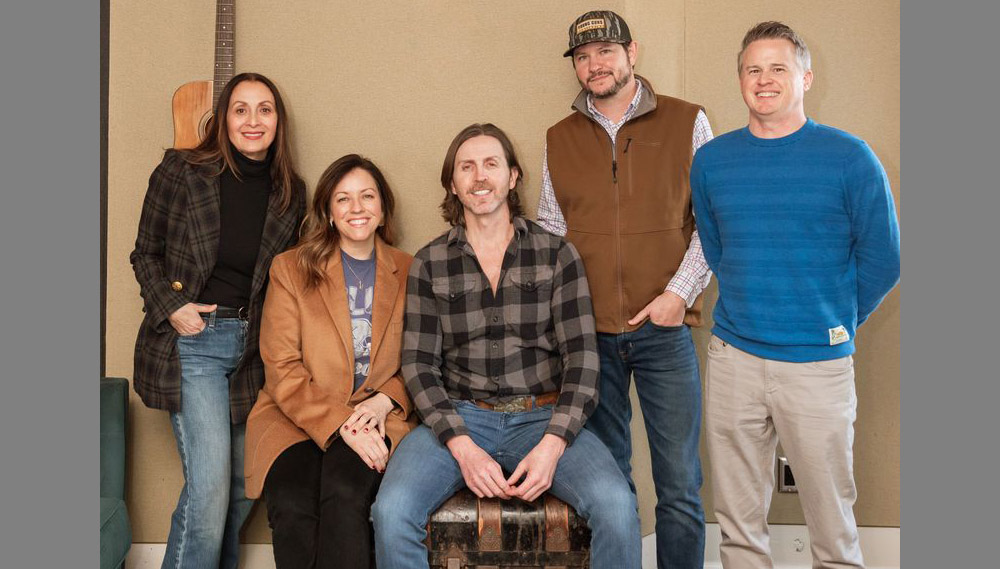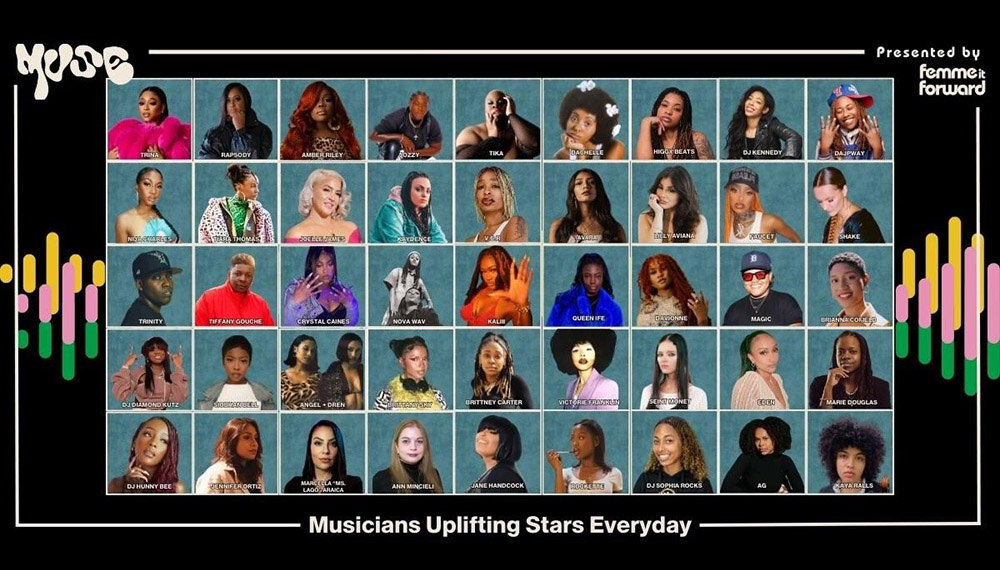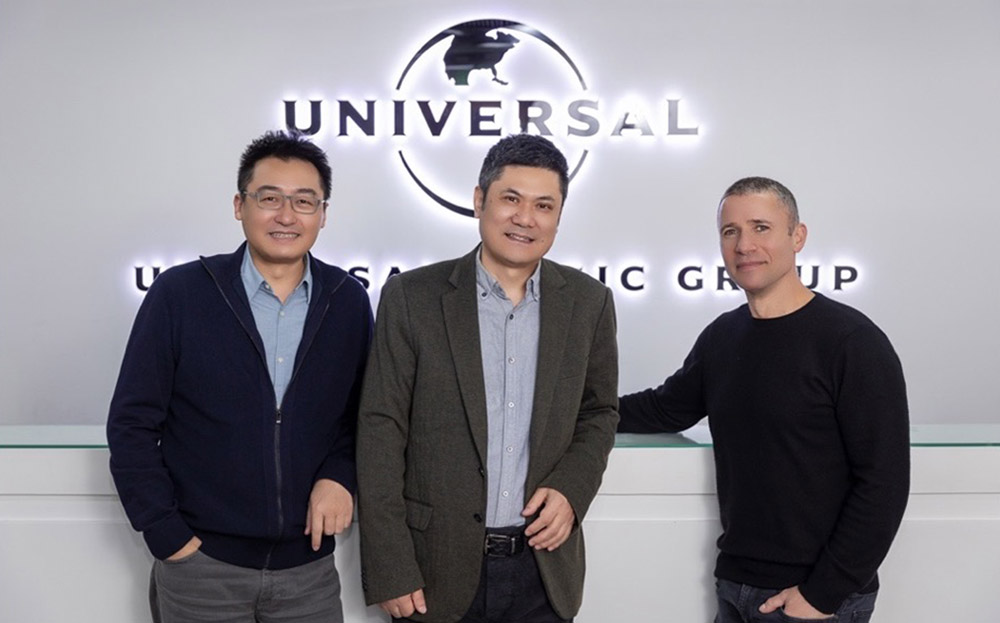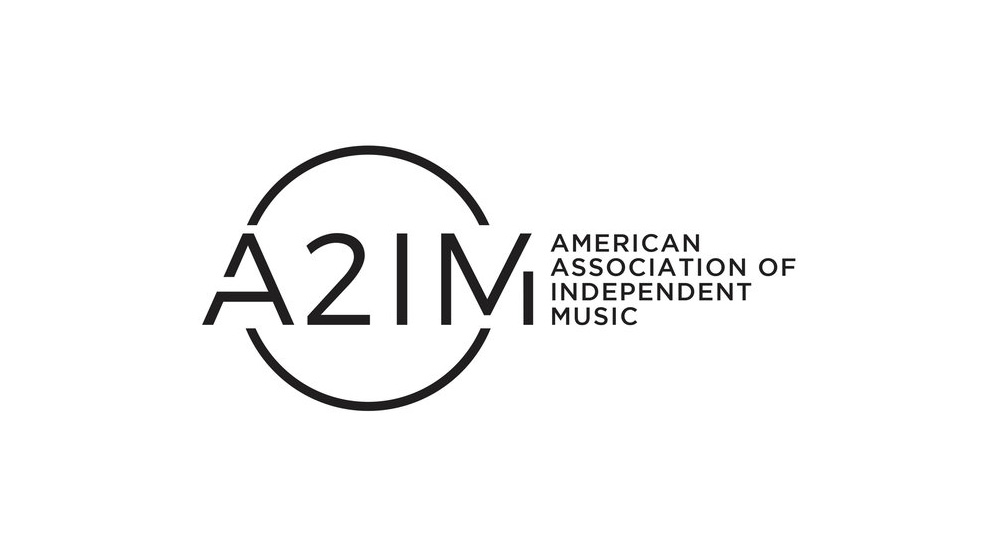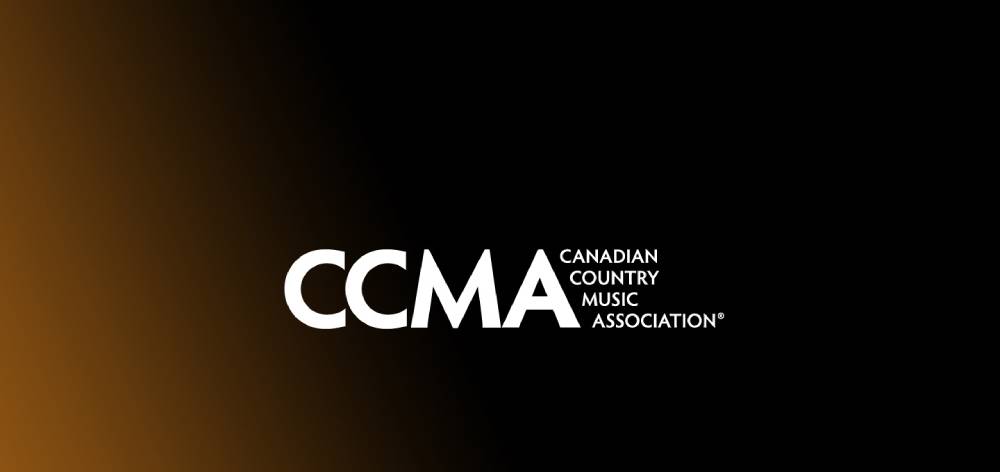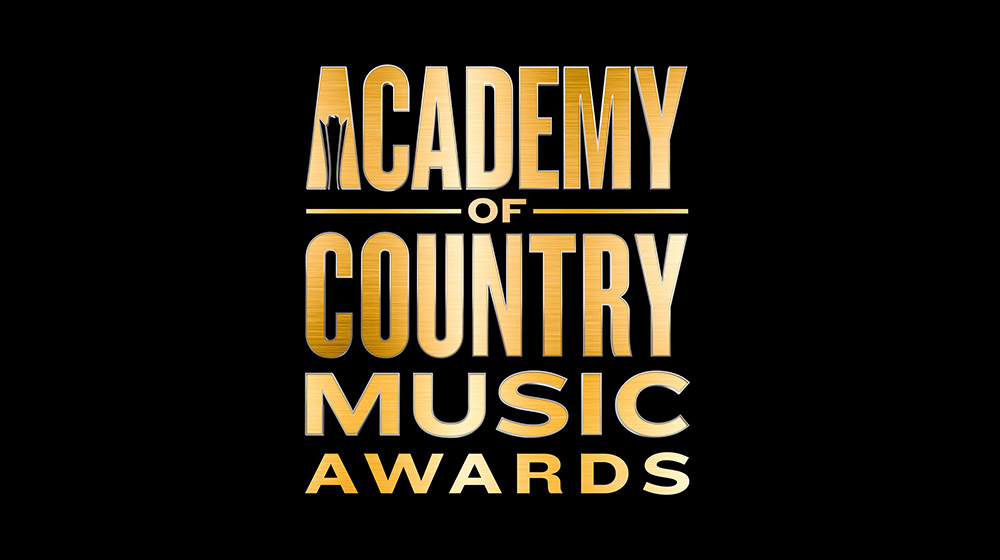
"How bad do you want it?
How bad do you want it?
How bad do you want it?
Not bad enough"
"How Bad Do You Want It?"
Don Henley
Craig Kallman asked me if Malcolm Gladwell was a subscriber.
I told him I didn't know, there was almost no way to tell. The more famous the person, the more obscure the e-mail address. I gave up cruising the sign-ups eons ago, it's hard to decipher who most of these people are. The only way I know if someone's reading is if they e-mail me, or another person relays a story.
Which is what Craig did. He told me whenever I wrote about Gladwell he forwarded it to him, and received notes in response. If I wanted to, we could all have dinner the next time we were in New York.
ABSOLUTELY!
An evening was scheduled. We met at the restaurant at the appointed time. It was me, Craig, Felice, Malcolm…and a woman Malcolm was waiting for.
Scrunched in by the bar, I noticed something immediately, conversation was not fluid. I figured Malcolm was preoccupied with the arrival of his friend, and when Craig wanted to discuss the Ticketmaster/Live Nation merger and where this left Atlantic Records, I turned to him and conversed, for around half an hour, until our table was finally ready.
Felice bonded with Malcolm's friend over their respective ACL surgeries. And when we finally sat down at the table, I got a vibe… We were going to leave our identities at the door, this was going to be a friends evening. There's no way to alienate a celebrity more than delving into their work, they oftentimes become uptight and raise a barrier, which is never ever lowered.

It was revealed that Malcolm loved the Elvis Costello show, "Spectacle". I ranted for a few minutes, figuring by stating my complaints a debate about the series would be engendered. But that never happened. Malcolm acknowledged my opinion, and after a few moments of silence, the subject was changed.
And then dinner was finished. And I had an internal debate. Should I ask my one big question, the one that had been haunting me for months, whether you were screwed if you switched gears and entered a new territory, after devoting 10,000 hours to one?
I took the risk.
The change was stunning. Suddenly, this wiry Canadian turned into "Malcolm Gladwell". The gentleman you see on television, the confident storyteller. Malcolm said you got credit, that the hours were transferable, because those who devoted this amount of time to a pursuit were self-selecting.
BINGO!
In other words, it's hard, and lonely, to put in 10,000 hours. You've seen the Olympic athletes on TV, they send a crew to shoot footage prior to the quadrennial games and the sportsman or woman is running down an abandoned highway in the middle of summer, shvitzing up enough sweat to fill a swimming pool. If you want to be great, you have to not only work, but sacrifice. You can't spend endless hours somnambulant in front of the TV screen, you can't go out partying every night. You've got to dedicate yourself to your pursuit. Which is what Malcolm did.
He used to be a reporter for the "Washington Post". For a decade. He told us about dictating a story, exactly how it appeared in print, upon deadline. Coldly, calmly, Malcolm spoke into the telephone. He didn't say he couldn't perform, he didn't freak out. Hell, he didn't even think about the challenge. He'd been groomed for it. By himself, by his experience.
Then Felice asked Malcolm about his TED speech.
Malcolm winced. He said he was so much better now. He'd learned that what an audience wanted first and foremost was story. This reminded me of Don Hewitt speaking of "60 Minutes". That's what he said the success of the show was based on, storytelling.
In other words, it's not that hard to assemble the facts. But how can you convey them in a way that intrigues your audience?

Malcolm went on to tell us a story he'd been relaying to groups, about David vs. Goliath. How David can always beat the giant, if he puts in the effort. I asked him to globalize this concept, to the economic crisis, but Malcolm begged off and the dinner was over. But what Malcolm stated remained with me. Was it possible, could David truly beat Goliath?
Goliath is the establishment. Which has a set of rules to keep itself in power. But if you're willing to work really hard, you can beat the system. But it requires a lot of effort.
Today I got an e-mail from the "New Yorker". I've been a subscriber since the seventies. I don't read every line, there wouldn't be enough time to read "Automobile" or "Ski" or "National Geographic Explorer" or "Vanity Fair". But I always comb the table of contents, looking for interesting nuggets.
And sometimes, especially on planes, or in stolen moments, I start in on an article that appears unappealing but ends up riveting me,
because it's so well-written! That's what most magazines lack.
They'll give you the information, but it's delivered in a pedestrian style that doesn't make your heart sing or cause a lump in your throat to form. Great writing should be able to be about ANYTHING!
So I'm perusing the "New Yorker" e-mail and the first article listed is "Malcolm Gladwell on how David Beats Goliath".
The "New Yorker" is so afraid of the digital age that its online reader is essentially unusable. I'm paying and it's too frustrating to employ. But Googling, wanting to read this article before the magazine arrives, I found that this star piece of journalism was available free, for all to read. That's what you do, lead with the best. Don't give away the crap, but your HIT!

The article starts off with basketball.
I know where he's going, I've heard this story LIVE!
Alas with different emphases. More on Columbia University and its exclusion of Jews. That's what the extensive application is all about, keeping down the number of Jews. And now Asians. Because when it was all about statistics, and Ivy League schools didn't know the true identities of the eventual attendees, they found that Jews were taking up the spots in ever-increasing amounts, and lacking prep school educations like the WASPs, they were grinding, catching up and surpassing the scions of industry, and this just couldn't happen, the old institution, the old ways had to PREVAIL!
That's the David vs. Goliath story. The man keeping the system the same.
Gladwell's "New Yorker" piece began with the tale of how an unknowledgeable coach of a girl's basketball team brought his unskilled charges to the national championship, by challenging the accepted notions of how to play the game. Rather than start with skills, the coach focused on the full-court press, conditioning was more important to this cause than years of training the girls missed and could not replace.
Like Napster. All night coding sessions by college students brought down an entire industry. The labels had a formula, all boiling down to the overpriced CD. But if someone did what was seen as socially unpopular, making the music free, and put in the effort to write the program that achieved this, the labels, the Goliath in this story, were screwed.
That's what happened. Those seen as powerless, not given an iota's worth of attention, decimated the major labels. Hell, it's happening in all kinds of industries now. Teams of online denizens search for gotcha moments and expose the frailties of companies. Goliaths, like Domino's Pizza, are caught flat-footed, they're beaten by those they never even took seriously.
So you can beat the major labels, you can beat most of the infrastructure in the music industry today, because these people just aren't working that hard. They've got families, they go on vacation, they like to play golf. Whereas you've got nothing but time and a computer, you can work 24/7 to break your band. And you've got the
tools to do it! Pro Tools. Exhibition and distribution online.
Today's acts can give away their music, it's their choice. The labels HATE them for this, the old acts HATE them for this! John Mellencamp wants a return to the old days. But the old days are gone.
But at least Mellencamp put in the effort, that's why he's so good.
Are you that good?
Probably not.

Anyone can have a MySpace page, Facebook too. They can tweet about their gigs, can add people to mailing lists that they never asked to be put on. But none of this covers up the music. Have you put in enough effort such that your music is truly great?
Lindsay Lohan didn't. Nor did Hilary Duff. Britney's a performer.
The Spice Girls are a joke. Dr. Dre put in the hours, but so many acts working with these beat specialists have a desire to be rich and famous, but that's about it. Desire to make it is important, but it must be accompanied with effort, with ACHIEVEMENT!
The Goliaths believe in top-down marketing. It's easy to beat them, it's very simple. You've got to start at the bottom and have patience. They've got no patience, they need profits NOW! The Goliaths believe their money will triumph, that if you build it, they can buy it. But the Net is rife with stories of acts that have been abused by their labels. And what can a label provide other than
little listened-to radio and TV play that doesn't move the needle.
You don't want that, it doesn't satiate your audience!
You've got to get really good and convince fans one by one. Not by dunning them, but by attracting them, by being so damn great.
I didn't read the "Tipping Point" because Malcolm called me, or because someone sent it to me, I felt the buzz. Which is hard to manufacture. Or, if you do manufacture it, it doesn't last. Now I'm a fan. I thought "Blink" was a step down from "Tipping Point", but "Outliers" is a complete return to form, the same way the band's third album convinces you, the first was not a fluke, they truly are good!
But how many bands get to a third album today?
And, let's not forget, Gladwell had a decade at the "Washington Post", when his national profile was almost nil.
He paid his dues. He invented his own genre. Now he's reaping the rewards.
Don't complain about the system, don't bitch that you can't make it.
That just indicates to me that you haven't put in enough time.
Because if you're truly good, people will find you. Genius is learned, you're not born with it. If you write a song every day and perform every night for fifteen years, you will no longer suck. Then again, there are issues of timing. THERE ARE NO GUARANTEES!
Can you stay the course when times are tough? Can you live in an apartment as opposed to a house, can you drive an old car? Can you avoid applying to graduate school? Can you not get messed up at night so you can work clear-headed tomorrow? Can you not have children so you can focus on your work?
In other words, can you work hard and SACRIFICE?
The legends did. I don't see why you should get a pass.
Actually, it doesn't matter what I think, the public at large will decide your fate.

The public decided radio sucked. Decided CDs were overpriced too.
How have the industries reacted? Radio still has twenty two minutes of commercials an hour and the playlists are boring. Online albums cost about as much as physical ones, even though the sound is second- rate and there are no production or shipping costs. Do you think the public doesn't know this? At least Amazon was smart enough to sell Kindle books below wholesale…otherwise it doesn't make sense!
I'm a Gladwell fan. He's earned my trust. I'd rather read his work than listen to the musings of your son/best friend/lover/college buddy who's enlisted you in his effort to break through musically. Great stuff always breaks through. But right now, those willing to sacrifice, to work really hard, tend to be in the tech sphere. We're not getting the best and the brightest in music. Because the Goliaths have stacked the deck in their favor.
But this won't last. Enough Davids are building new acts and new systems below the old guard's radar. They're going to triumph. Just watch.
http://www.newyorker.com/reporting/2009/05/11/090511fa–fact–gladwell?currentPage=1























